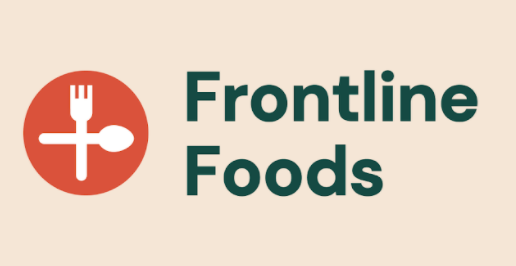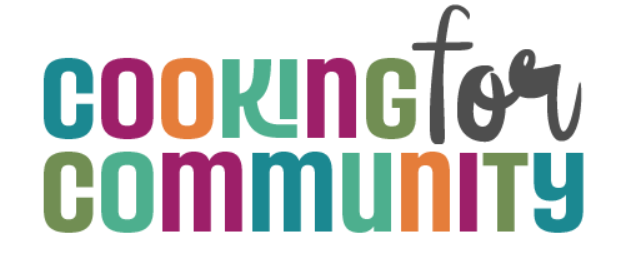 A local chapter of the national organization Frontline Foods (website, facebook, instagram, twitter) has been established in Maine. The organization raises money that is used to pay restaurants to produce meals that are delivered to healthcare workers at hospitals. Frontline Foods is operating in 44 locations across the country.
A local chapter of the national organization Frontline Foods (website, facebook, instagram, twitter) has been established in Maine. The organization raises money that is used to pay restaurants to produce meals that are delivered to healthcare workers at hospitals. Frontline Foods is operating in 44 locations across the country.
The local chapter has been set-up by Portland area natives Christopher Curran and musician Lyle Divinsky. Allagash Brewing and Peak Organic are both making donations to Frontline Foods Maine, and the organization is partnering with chefs from Chaval, Duckfat, Evo Kitchen + Bar, Knotted Apron, Luke’s Lobster, and the Foreside Tavern to produce meals that will be provided to medical staff at Mercy Hospital. In addition to the work to organize the local chapter, Curran is donating all profits in April and May from his winery, Strider Wines to support the initiative.
Frontline Foods is working with World Central Kitchen, the nonprofit established by chef José Andrés, which is functioning as Frontline Foods’ 501(c)(3) partner.
For more information, you can read about Frontline Foods in the Time magazine. To make a donation to the Maine chapter visit their website: frontlinefoods.org/maine.
